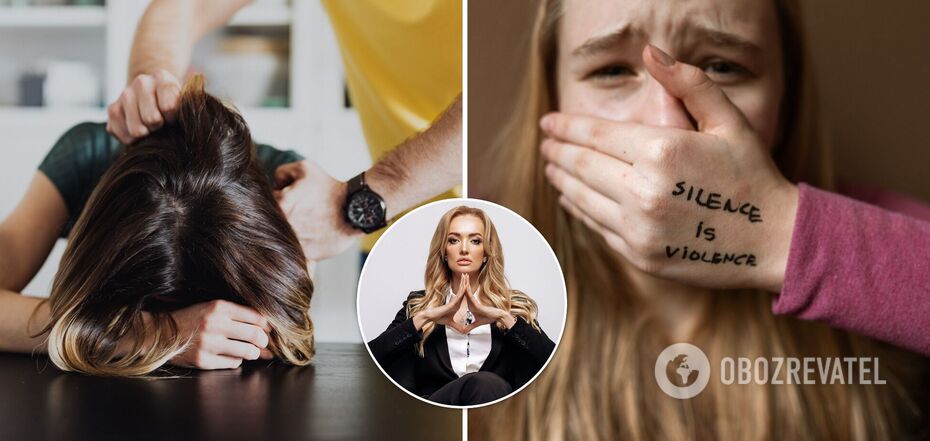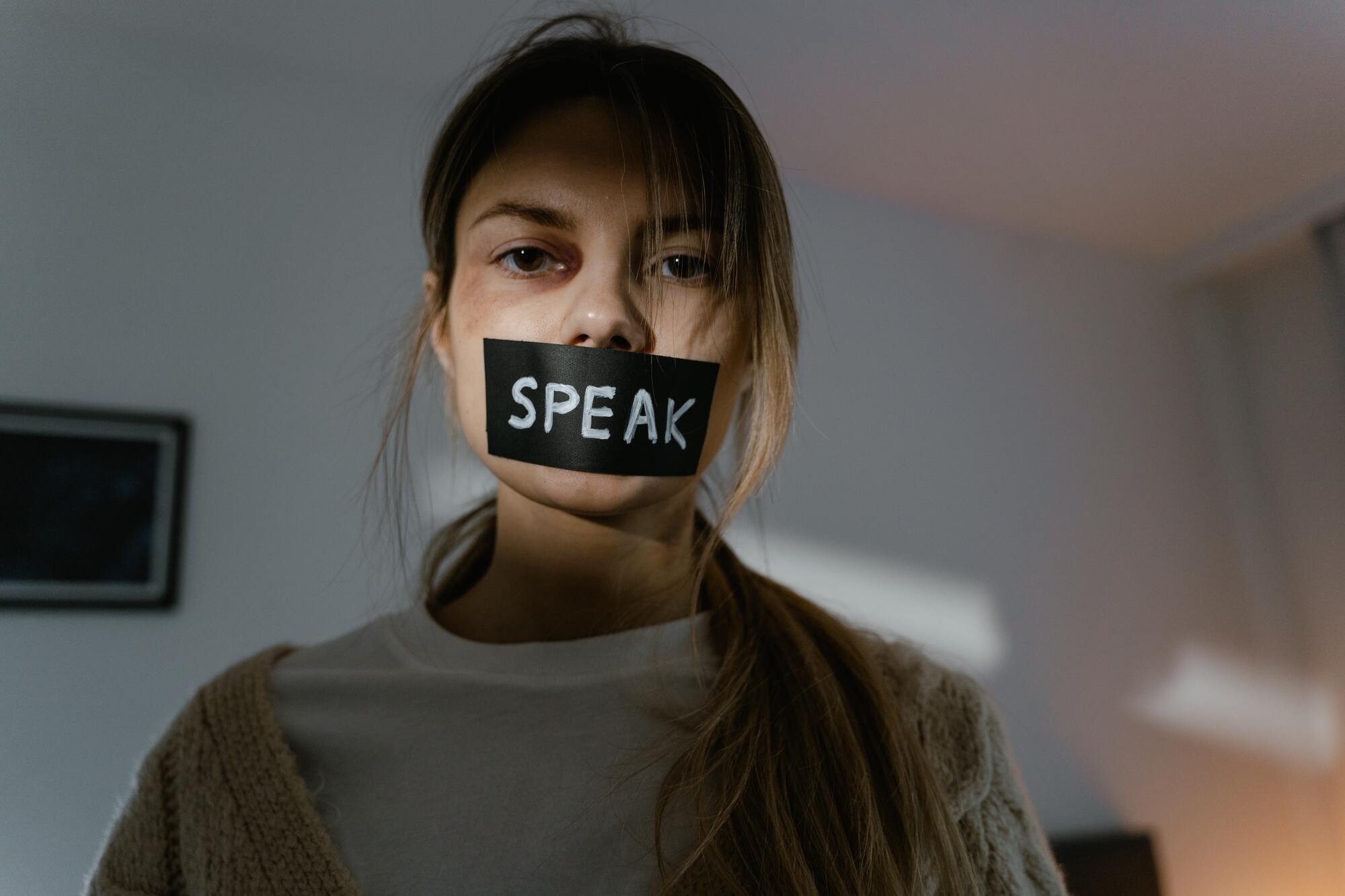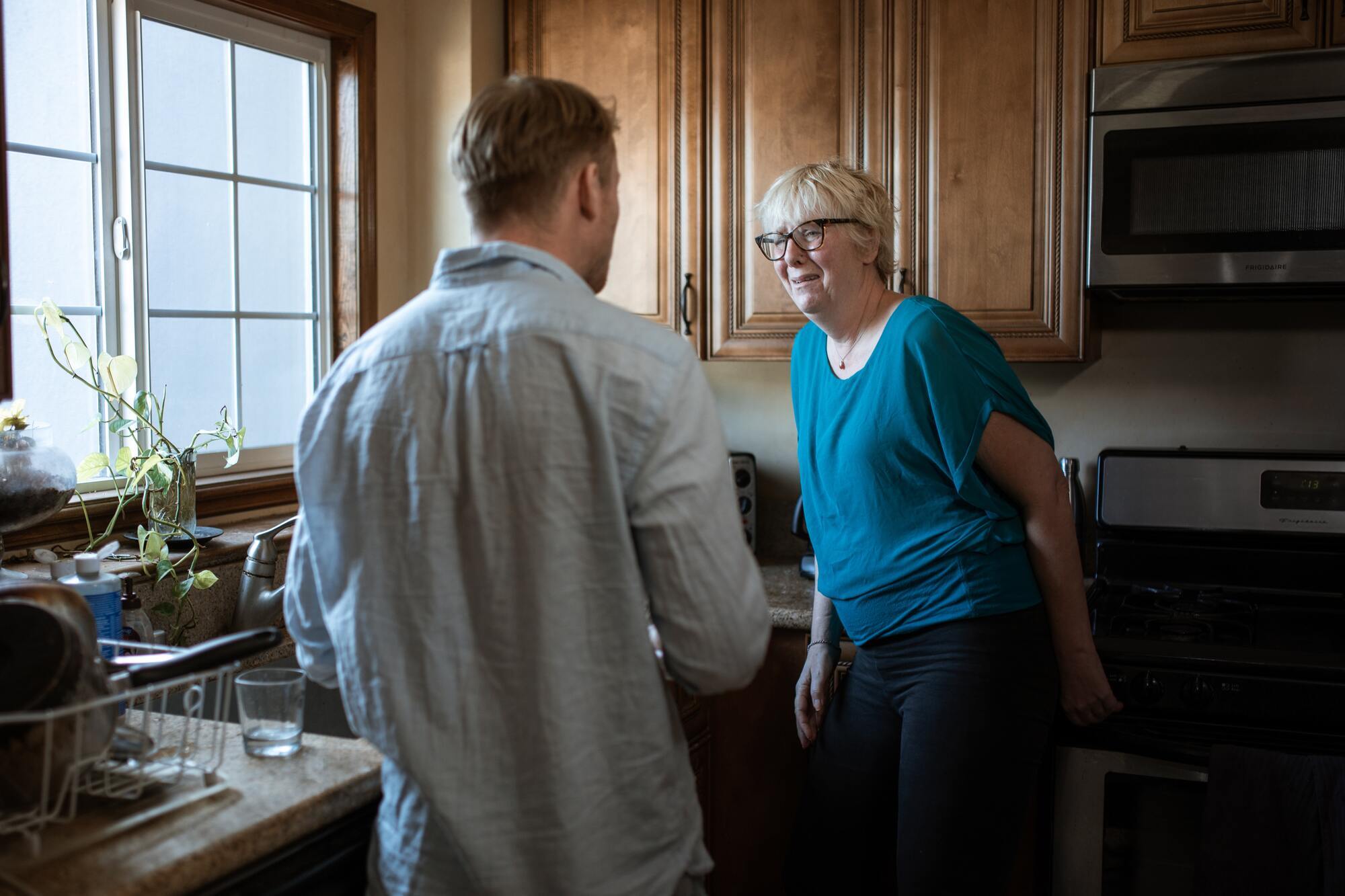Life
Emotional abuse: how to realize you are in a toxic relationship. Psychologist's answer
Psychotherapist and family psychologist Aliona Shcherban told OBOZREVATEL how to understand that you are in a toxic relationship and what to do if your partner is a psychological abuser.
According to Aliona, you can become a victim of psychological abuse because of childhood trauma. For example, if a girl's mom or dad beats her, it is likely that she will choose a man in her life who will be physically or emotionally abusive to her in one way or another.
Psychological violence can be used by both men and women against each other. It is also often used against children.
"Our psyche is designed in such a way that we strive for a comfortable environment. Comfortable does not mean good or better. Comfortable means familiar. And if a person grew up in an environment where emotional violence exists, it means that he or she will create the same environment around him or her in adulthood," the expert explains.
Shcherban says that it can take several years of psychotherapy to realize the problem as the manifestations of psychological or emotional violence are almost invisible.
In addition, Aliona claims that a person who commits psychological violence gains unlimited control in a relationship, which is why the victim may often not even notice the problem.
"People who have been emotionally abused for a long time are at risk of facing anxiety disorders, depression, and chronic pain in the future. They may also abuse some psychoactive substances, such as alcohol or drugs," the psychologist warns.
Therefore, it is important to identify signs of a toxic relationship as early as possible and put an end to communication with the abuser.
Signs of a toxic relationship
1. Feeling sorry for your partner even though they are the ones who hurt you
Aliona Shcherban explains that emotional abusers are often masters of manipulation. They can hurt you and at the same time make you think it's your fault.
Thus, victims of emotional abuse very often ignore the actions of their abusers because they seem unhappy, rejected, abandoned.
2. Fear of making your partner angry
If you are constantly flattering your partner, trying not to make him or her angry, and choosing your words carefully in a conversation, it means that you have accepted your secondary role.
Another sign is if you feel the urge to apologize to your partner even if you have done nothing wrong. Emotional abusers may blame their victims too often for no apparent reason, and over time, victims may begin to think they are stupid, selfish, or useless.
3. Distortion of perception of reality or gaslighting
Gaslighting occurs when your partner tries to influence your perception of reality. He or she denies or distorts what actually happened. They may say, "You're making this up, it never happened" or "I never did or said that." Over time, such statements instill self-doubt, and the victim unconsciously begins to agree.
4. Constant control
According to the psychologist, when a partner demands eternal accountability or tries to limit you in something that he or she thinks you deserve, they are trying to establish complete control over your life. This is a sign of boundary violation and emotional abuse.
5. Passive aggression
It is manifested, for example, when a partner says offensive words to you but disguises them as a joke. Or when he or she constantly devalues your achievements, makes humiliating remarks, or refuses to recognize your strengths.
6. Playing on contrasts
An abuser can play on contrasts: at first, they are very gentle, warm, and radiate love, and then suddenly become cold and unavailable. Over time, this can turn an independent person into a very restless and anxious one.
Aliona Shcherban summarized that if you are facing devaluation, control, gaslighting, ignoring, isolation, blackmail, or intimidation in a relationship, it means that you are the victim of psychological violence.
How to deal with emotional abuse?
According to the expert, whatever the form of psychological violence, you need to understand that it is almost impossible to cope with violence while in a relationship with a such a person.
"First, you need to get out of the situation of violence, and only then you can deal with it. Get out in the literal sense of the word: leave, run away, disappear from their sight. If you stay close by, the abuser will use the same forms of violence that they used to use before," Aliona warns.
The psychologist recommends developing two necessary skills as a prevention of emotional violence: critical thinking and trusting your feelings. The former can help you recognize psychological violence in time, and the latter can help you understand when something is going wrong.
You should also not be afraid to ask your loved ones for help and consult a professional psychologist.
"It is important to remember that there is no shame in asking for help. It is an important component of the instinct of self-preservation," Aliona concluded.





































